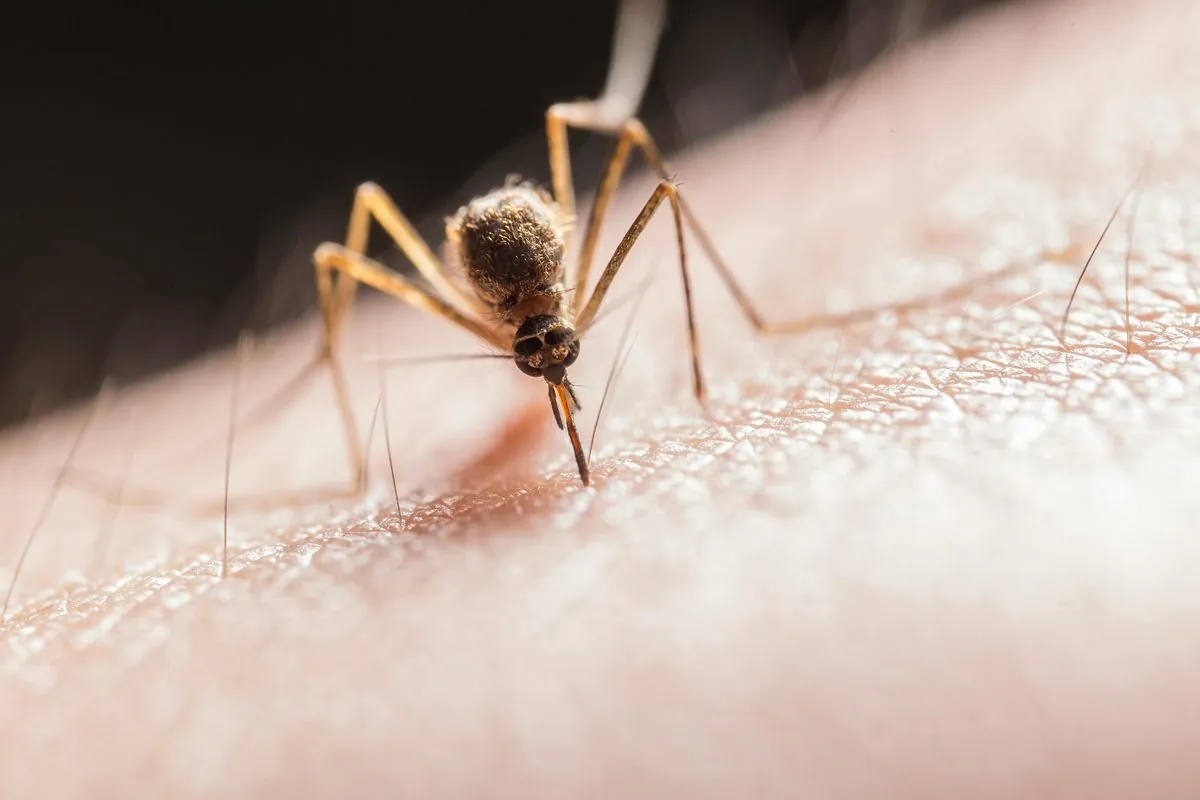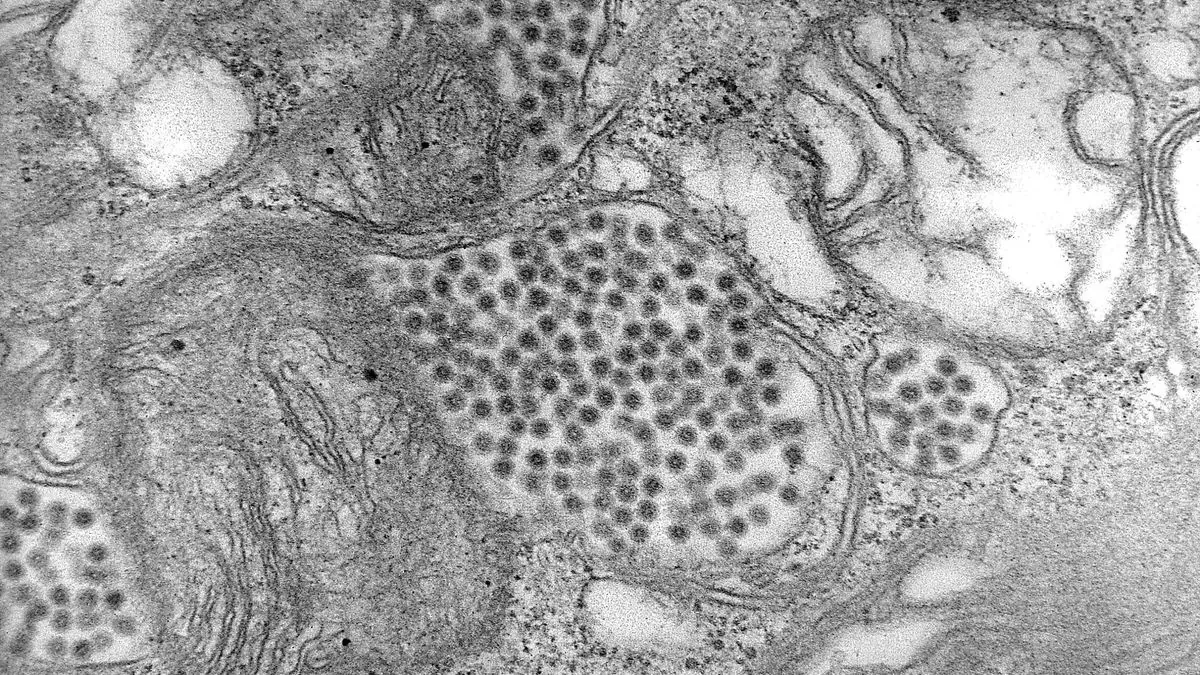Deadly Mosquito-Borne Brain Infection Resurfaces in New Hampshire
A New Hampshire resident has died from Eastern equine encephalitis, marking the state's first case in a decade. Health officials warn of elevated risk in New England this year.

A resident of New Hampshire has succumbed to Eastern equine encephalitis (EEEV), a rare but severe mosquito-borne brain infection. This marks the first known human case in the state in ten years and the fifth reported instance in the United States this summer.
The patient, an adult from Hampstead in southeastern New Hampshire, exhibited severe central nervous system symptoms before passing away. This case highlights the ongoing concern about EEEV in the region, as health officials report increased viral activity in New England.
Dr. Benjamin Chan, New Hampshire's epidemiologist, stated, "We believe there is an elevated risk for EEEV infections this year in New England given the positive mosquito samples identified. The risk will continue into the fall until there is a hard frost that kills the mosquitoes."
EEEV, first identified in Massachusetts in 1831 during an equine outbreak, has a complex life cycle involving birds and mosquitoes. Humans and horses are considered "dead-end hosts" for the virus, which is primarily found along the Atlantic and Gulf Coasts of the United States.
In addition to the New Hampshire case, four non-fatal human EEEV infections have been reported this year in Massachusetts, Vermont, Wisconsin, and New Jersey. Massachusetts has detected the virus in one horse and 60 mosquito samples, while Vermont has found it in 47 mosquito samples.
The virus can cause flu-like symptoms and, in severe cases, encephalitis or meningitis. While only 4-5% of infected individuals develop encephalitis, the disease has a fatality rate of approximately 30%. Survivors may face lifelong physical and mental impacts, including permanent brain damage.

Dr. Amesh Adalja, a senior scholar at the Johns Hopkins Center for Health Security, noted that the greatest human risk is in New England and some Gulf Coast states. He added, "The infections are rare, but because of their lethality they attract a lot of attention and public health response."
Prevention is crucial, as there is no specific antiviral treatment or vaccine available for human use. Health officials advise residents to limit outdoor exposure, use insect repellent, and wear protective clothing. Some states conduct aerial spraying to control mosquito populations during outbreaks.
Climate change may be expanding the geographic range of mosquitoes that carry EEEV, potentially increasing the risk of infection in new areas. Ongoing research aims to develop vaccines, but currently, public awareness and mosquito control remain the primary defenses against this deadly virus.
As of August 2024, health officials continue to monitor the situation closely, urging residents to remain vigilant and take necessary precautions to protect themselves from mosquito bites.


































